A student visa is a temporary residency permit that permits a foreign national to study in a certain country. The visa application procedure may differ based on the country and other considerations. There are several sorts of visas available based on the school you attend, the country you are in, and your nationality. This post will provide you with the information you need to successfully apply for a student visa.
Keeping all this in mind, you have to decide for yourself and your career’s benefit. In this blog, we have the ten best countries you can opt for studying and then working.
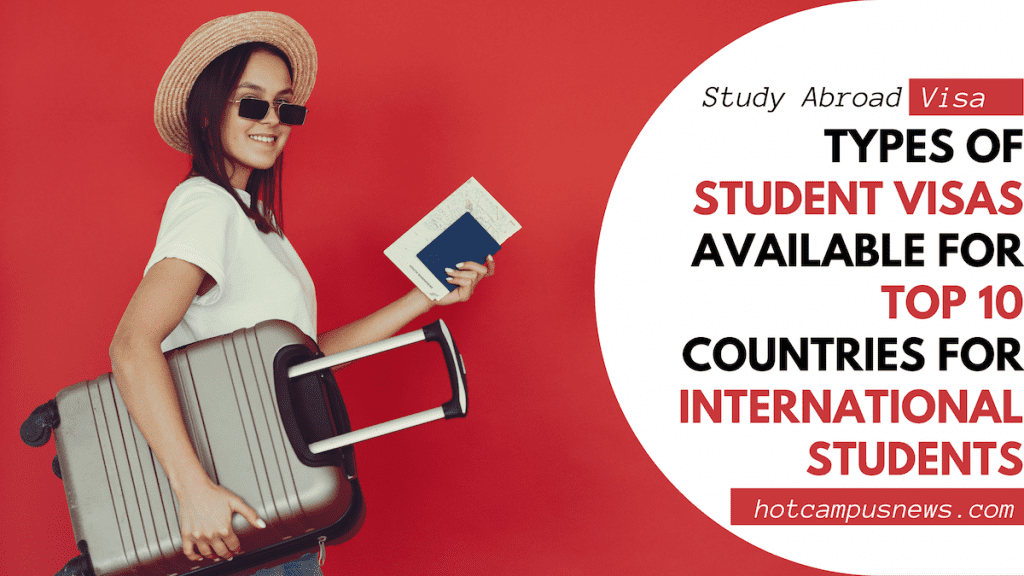
There are several kinds of student visas available. They differ in terms of length of stay, conditions for obtaining them, and purpose. The following are the many types of student visas available for various countries:
United States Student Visa
The United States welcomes foreign citizens who come to the U.S. to study. Before applying for a visa, all student visa applicants are required to be accepted and approved by their school or program. Once accepted, educational institutions will provide each applicant the necessary approval documentation to be submitted when applying for a student visa.
Visa Descriptions and Qualifications
F-1 Visa
This is the most common type of student visa. If you wish wish to engage in academic studies in the United States at an approved school, such as an accredited U.S. college or university, private secondary school, or approved English language program then you will need an F-1 visa. You will also need an F-1 visa if your course of study is more than 18 hours a week.
M-1 Visa
If you plan engage in non-academic or vocational study or training at a U.S. institution then you will need an M-1 visa.
More information about each of these visas and opportunities for studying in the United States can be found at the Education USA website.
Requirements for US Student Visa/Application Items
To apply for an F or M visa, you must submit the following:
- A Nonimmigrant Visa Electronic Application (DS-160) Form.
- A passport valid for travel to the United States with a validity date at least six months beyond your intended period of stay in the United States (unless country-specific agreements provide exemptions).
- One (1) 2″x2″ (5cmx5cm) photograph.
- A receipt showing payment of your US$160 non-refundable nonimmigrant visa application processing fee, paid in local currency.
- An approved Form I-20 from your U.S. school or program.
- Due to COVID-19, we will temporarily allow student visa applicants to bring electronically transmitted I-20’s for student visa interviews.
- In addition to these items, you must present an interview appointment letter confirming that you booked an appointment through this service.
Australian Student Visa
The Australian government has made numerous visas available to overseas students. The student visa, which is granted to people who want to study in Australia, is one of the most popular. They can stay in Australia for up to five years and work part-time while studying.
Other forms of student visas are available in Australia, including:
- Temporary Graduate Visa: This visa is awarded to overseas students who have finished their studies and want to stay in Australia for a few years before going home.
After finishing your degree, you will be awarded a post-study work visa that allows you to work full-time for up to four years. - International Student Guardian Visa: If you are the guardian of an Australian citizen, you will be given this visa.
Australian student visa requirements
Besides having a COE, and completing the visa application form, petitioners need to meet the following Australian student visa requirements:
- Evidence of sufficient funds. These should cover the tuition of the school, travel, and living costs. As of February 2018, the minimum amount to demonstrate is set at 15,600 USD per year. It is also possible to show evidence that the spouse or parents will be supporting the student during their stay, and that they make at least over 46,000 USD a year.
- Evidence of English proficiency. There are several tests applicants can take, these are the IELTS, TOEFL iBT, Pearson Test of English (PTE), and Cambridge Advanced English (CAE).
- Health requirements. Some students may be asked to take a medical or radiological check-up to show that they are in good health.
- With the exception of Norway and Belgium, all international students must obtain Overseas Student Health Cover (OSCH.)
- Australia has also put in place character requirements. This means that applicants may need to get a criminal record check.
United Kingdom Study Visa
In the United Kingdom, there are two categories of student visas. The first is a Tier 4 visa, and the second is a Tier 2 visa.
- Tier 4 Visa: This visa is for overseas students who wish to study in the United Kingdom. It is a temporary residency permit that can be extended for up to five years. This visa does not let you work or study elsewhere, but it does permit you to work part-time on campus.
- Tier 2 Visa: This is for persons who want to work as skilled employees in the UK or who have been given a position with an organization that can sponsor them for this sort of visa.
Uk Student Visa Requirements
Your course provider may be willing to help you to apply for a UK student visa once you have been offered a place on a course; ask to find out if this is the case.
Would You Like To Apply For This Jobs/Sponsorship?
Enter Your Email Address HERE & You Will Receive a Notification About Your Application. If it shows "Subscribed" CLICK HERE to follow on Telegram for updatesUK student visas are awarded on a points-based system. In order to meet all the UK student visa requirements, you’ll need to provide:
- Details of your passport
- A recent photograph
- An unconditional offer of a place on a course offered by a licensed Tier 4 Sponsor, evidenced by a ‘Confirmation of Acceptance for Studies’ (CAS) form from your course provider (worth 30 points)
- Proof of adequate English language skills, demonstrated by passing one of the secure English language tests (SELT). You will not need to provide this if you’re from an English-speaking country such as the United States or have completed a qualification equivalent to a UK degree in an English-speaking country.
- If you’re a non-EU/EEA/Swiss student studying a sensitive subject, you may also need an ATAS certificate
- Proof of financial support can take the form of bank statements or a letter from your financial sponsor, showing you can cover your tuition fees, accommodation and living costs. You must prove that you have £1,015 (~US$1,300) per month for living costs if studying in the UK outside of London, and £1,265 (~US$1,600) a month for living costs if studying in London.
- You may also be required to produce documents showing your academic qualifications, and to attend an interview or biometric test, which includes a digital scan of your fingerprints.
- Depending on your country of origin, you may also be required to have certain medical vaccinations or undertake a tuberculosis test.
- If you’re 16 or 17 years old and applying for the Tier 4 (General) student visa, you must have written consent from your parents/guardians that you can live and travel independently.
Canada Student Visa & Permits
In Canada, there are three categories of student visas. Students who want to study in Canada for fewer than six months will be awarded a study permit.
Study Permit 2: The second form of a study permit is provided to students who want to study in Canada for more than six months.
Student Visa: This is a temporary residence visa granted to students who want to study in Canada for more than six months but less than a year.
Canada Student Visa Requirements
You will generally need the following for your CANADA Student Visa application:
- Valid Passport
- Attested copies of 10th, 12th and Degree certificates
- Academic references – 2
- Employer references – 2
- SOP (Statement of Purpose)
- Certificates of extracurricular achievements
- An acceptance letter from your education institution
- Proof of payment
- Proof of financial funds
- Passport size photographs
- Study Permit and visa
- English Proficiency
- Your University will make you aware of additional requirements if any prior to your application
New Zealand Student Visa
In New Zealand, there are two categories of student visas. They do;
Student Visa for Study: This visa is intended for students who wish to study in New Zealand. They are eligible to apply for this form of visa if they have been given a seat at an authorized institution or have already completed a qualification recognized by Immigration New Zealand.
Student Work Visa: This visa is for students who desire to work in New Zealand while studying there. They can apply for this sort of visa if their course is approved by Immigration New Zealand and their institution includes employment privileges as part of its curriculum.
Documents Required for New Zealand Student Visa Application
Candidates looking to apply for their New Zealand Student Visa must have the following documents as part of their visa application process:
- Valid passport – Your passport must be valid for at least three months beyond your period of stay in New Zealand
- Completed Student Visa Application Form (INZ 1012)
- Application fee payment receipt (fee as mentioned above)
- An offer of a place – You need to have an offer of a place from a New Zealand institute/university. The forms are usually issued after the tuition fees have been received
- Letter from your current institution confirming status as a study abroad student
- Health insurance receipt: You may be required to show Health and Character certificates, to prove that your intention of staying in New Zealand is genuine
- Two passport-sized photographs
*Note: Additional documentation may be required. During the personal interview, additional documents may be requested by the interviewer. These may be documents to prove evidence of academic or financial status.
- Transcripts, diplomas, degrees, or certificates from schools you attended
- Scores from tests that your college required, such as TOEFL, GRE, or GMAT scores
- How you will pay for all educational, living and travel costs
Italy Study Visas & Permits
Student visas in Italy are issued by Italian Embassies or Consulate-General offices in your country of origin.
Students from European Union (EU) or EFTA countries can enter Italy with a valid passport or EU ID card and can remain in Italy without a visa for the duration of their studies. Upon arrival, however, EU students must register at their local Questura station (police station) if their study program is longer than 3 months, in order to obtain a residence permit.
If you’re a non-EU student, you are required to obtain a student visa prior entering Italy. Use the information below to start the process of obtaining your Italian student visa!
Visas for Non-EU Students
There are two types of student visas in Italy, depending on the duration of the study program:
Visa type C: Short-stay visa or travel visa valid for one or more entries and for a period not exceeding 90 days.
Visa type D: Long-stay visa valid for more than 90 days.
No matter the type of visa you require, start the process well in advance of your intended date of entry to Italy, as the processing time can be lengthy. You should contact your closest Italian embassy or consulate to make a visa appointment as soon as you receive a letter of admission from your Italian institution, as appointments tend to be hard to come by. The procedures for applying for Italian student visas are subject to change, so it’s always worthwhile to contact the Italian Embassy for information to confirm current visa requirements.
If you’re entering Italy through the type D visa, you’ll also have to report your arrival to the Questura station within 8 days of your arrival into Italy. You’ll have a residence permit card sent to you to prove your legal residency status within the country.
Required Documents For Italy Student Visa & Permits
Students may need to present any or all the following documents as part of their application for a student visa to study in Italy:
- A valid passport, with at least two blank visa pages and valid for at least three months after the expected end date of your study program.
- A letter of acceptance from your institution in Italy.
- A completed visa application form.
- A copy of your itinerary to and from Italy.
- Proof of no criminal record.
- Proof of language proficiency in Italian or English (depending on the language of your study program)
- Proof of adequate financial means to support yourself (between €450 and €515 monthly).
- Proof of adequate accommodation in Italy.
- Proof of adequate medical insurance and
- Proof you’ve paid the associated application fee.
The Netherlands Student Visa
The Netherlands is a growing international study destination, with many highly ranked universities and a student visa process that is simple and clear. As with most EU countries the Netherland’s student visa process differs depending on whether or not your home country is part of the EU.
The Netherland’s Student Visa Process
If the student is from a non-EU, non-EEA nation, the Holland student visa process is:
Requirement of a Provincial Residence Permit, officially known as Machtiging tot Voorlopig Verblijf (MVV). This is also known as the permit to enter the Netherlands. The MVV is applied for on the student’s behalf by the host university.
MVV allows entry in the country for a six-month period. Most of the courses at universities last for 1 to 4 years, a mere MVV will not suffice. Hence, VVR.
Once you enter the country, you need to apply for VVR or a Residence Permit. The VVR is also applied for by the host university.
VVR is permitted for study purposes only and is valid for the duration of the programme the student had enrolled in. There is another condition attached with the validity of VVR. It stays valid provided the student scores 50% of credit throughout the course duration.
As the Netherlands is a part of the European Union, international students from EU or EEA get special privileges and have different requirements. They require neither the MVV nor VVR for studying in the Netherlands. Such students have to simply request their host institutions to register them with the immigration authority.
For students from USA, Canada, Vatican City State, Monaco, South Korea, Japan, Australia and New Zealand, only a VVR is required.
Requirements for Study Visa for the Netherlands
For the successful grant of a student visa for the Netherlands, you must submit these compulsory documents:
- Valid passport
- Proof of sufficient financial means validating that you will be able to support yourself financially during your stay. These include either or all of transfer of funds, bank statement and scholarship letter.
- Letter from the university you have chosen confirming your admission or enrollment
- Proof of payment for all required legal fees
- Health insurance
- NUFFIC-certificate, a requirement only for Chinese students
Other document requirements are:
- Completed application form
- Two photographs meeting the officially specified conditions
- Birth certificate
- Academic transcripts
Singapore Study Visa
Singapore has only one study visa — the student pass. This pass is accepted in all 34 IHLs in Singapore that accept international students. But there are variants of the pass.
Student pass based on the duration of the program
Depending on the length of the program you intend to attend, you can apply for a short term or a long term student pass. The short term pass is ideal for students planning to attend certificate or diploma courses, typically lasting for up to 3 months. If you wish to gain admission in a Bachelor’s or Master’s program, you will need a long-term pass.
Student Pass based on the type of program you wish to attend
Your student pass typically includes details of the course you are attending. Singapore offers a wide range of courses including diplomas, certificate courses, vocational courses, practical training courses for international students, along with Bachelor’s and Master’s Courses.
The registration and issuance fees for both categories of student pass are the same.
Documents Required For Singapore Student Visa
To meet with Singapore study visa requirements, you must submit the following documents:
- Your current and legible passport, valid for a minimum of three months
- All completed student visa application forms — Form 16 (the main application for student pass) and Form V36 (for additional information on the applicant)
- The original receipt showing that you have paid the visa application fee
- The invitation letter issued by the IHL in Singapore
- Your bank statements showing that you can fund your education in Singapore (both tuition fees and living expenses while studying)
- Bank loan sanction letter (if applying for a student loan), along with proof of investments, if requested by the ICA
- Transcripts of your degrees, diplomas or any certificates received from schools attended in India
- Test scores required by your college, which could be GMAT, TOEFL, GRE, PTE etc.
- Document showcasing how you intend to bear all the costs associated with living in Singapore.
Germany Student Visa
The numbers of foreign people choosing Germany for their abroad studies are increasingly growing each year. Most international students will likely need to get a German student visa at a German consulate in their country before they can come to Germany to study.
Depending on the country you come from, you might be exempt from needing a visa to study in Germany, but you are still required to obtain a residence permit for studies lasting more than 90 days, once you arrive in Germany.
Do You Need a Visa To Study In Germany?
For studies that last up to 3 months, you need a Schengen visa.
For studies that last more than 3 months, you need a German national visa
If you enter Germany with a national visa you have to extend your stay by getting a German residence permit for studies at the Foreigner’s Office. You should do this while your entry visa is still valid.
Types of Germany Study Visas
You may be issued a German visa for studies for a range of study levels and degrees. This includes undergraduate, exchange, graduate, or postgraduate studies. This also covers participation in a pre-academic measure or in a non-academic German language course.
German Student Visa: This is the standard student visa for international students who have been admitted to a German university and are ready to start their studies at a full-time university program.
German Student Applicant Visa: You need this visa if you need to be in Germany to apply for university admission in person. This visa doesn’t allow you to study in Germany, it’s only valid for the university application process.
German Language Course Visa: You need this type of visa to study for a German language course in Germany.
German Study Visa Requirements
The most important requirements during your Germany student visa process are:
- Visa Application Documents.
- Duly filled out and signed national visa application form.
- Your valid national passport.
- Two photocopies of your passport.
- Your certificate of birth.
- Your marriage certificate. (If applicable).
- Your child’s certificate of birth. (If applicable).
- Your recent passport-style photographs. (Up to 3).
- Photocopies of previous German residence titles. (If applicable).
- Proof of Financial Resources “Finanzierungsnachweis”. (One of the following)
€10,332 deposit confirmation at a German blocked bank account.
Letter of commitment and evidence of your parent’s income records and financial assets.
Letter of commitment by a German resident “Verpflichtungserklärung”.
Scholarship awarding certificate. It must show the amount of costs it covers.
Bank guarantee. Issued to you by a recognized German bank.
The Ireland Student Visa
Citizens of certain countries who wish to pursue a course of study in Ireland must apply for a visa to enter Ireland before they travel. IIf you are a non-EEA national coming to study in Ireland you must be enrolled in a full-time course on the Interim List of Eligible Programmes (ILEP).
Ireland Student Visa Requirements
You will need to provide the following with your visa application. (Please remember, original documents are required and must be in English or accompanied by a notarised translation):
- Letter of acceptance from a recognised school or college or university in Ireland confirming that you have been accepted on a course of study.
- Evidence of your academic ability to pursue the chosen course through the English language (unless it is an English language course).
- Evidence that the fees for the course have been paid in full.
- Evidence that you have enough funds (€7,000) to maintain yourself for the initial part of your stay.
- Evidence that you or a sponsor have access to at least €7,000 for each subsequent year of your studies, in addition to the course fees for each of those years.
- Evidence that you have private medical insurance
- An explanation of any gaps in your educational history
- Confirmation that you intend to return to your country of permanent residence when you leave Ireland.
Final Note
The visa application procedure is lengthy and time-consuming. The processing time for the visa might range from 2 weeks to 10 months. The duration of the processing period is determined by the kind of visa and the country from which you apply.
However, if you want to ensure that your visa application is as successful as possible, you should prepare all of the relevant paperwork ahead of time. You must follow all of the instructions provided by your embassy or consulate and submit all of your documents in the correct sequence.
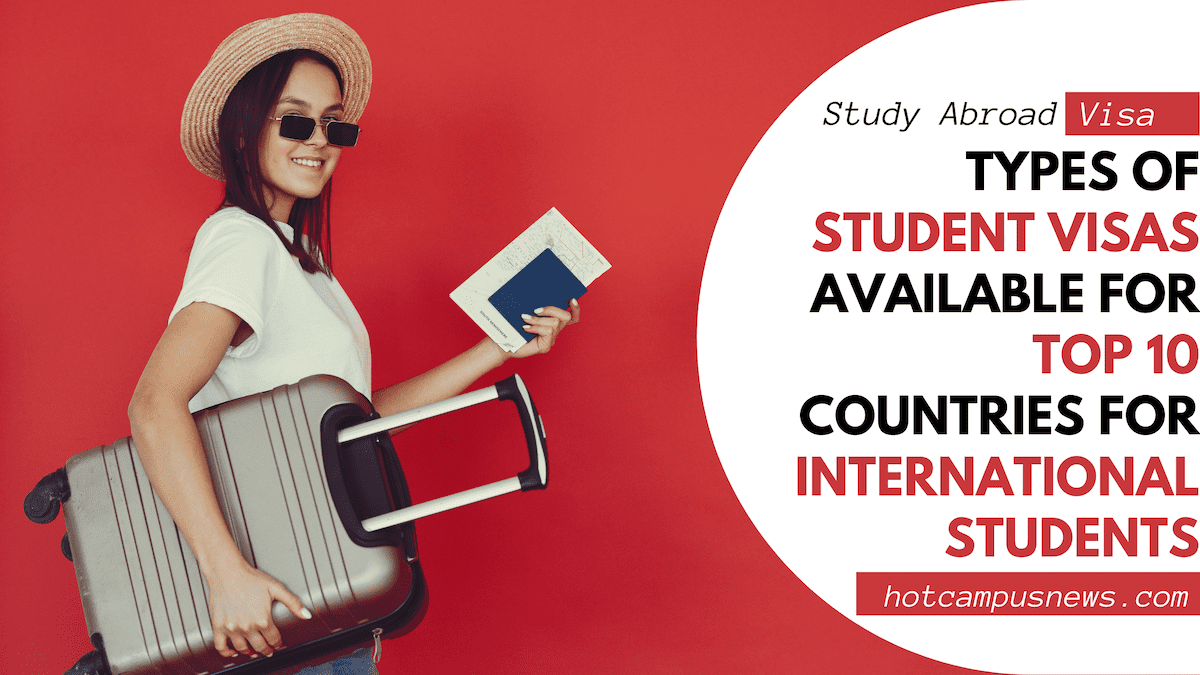
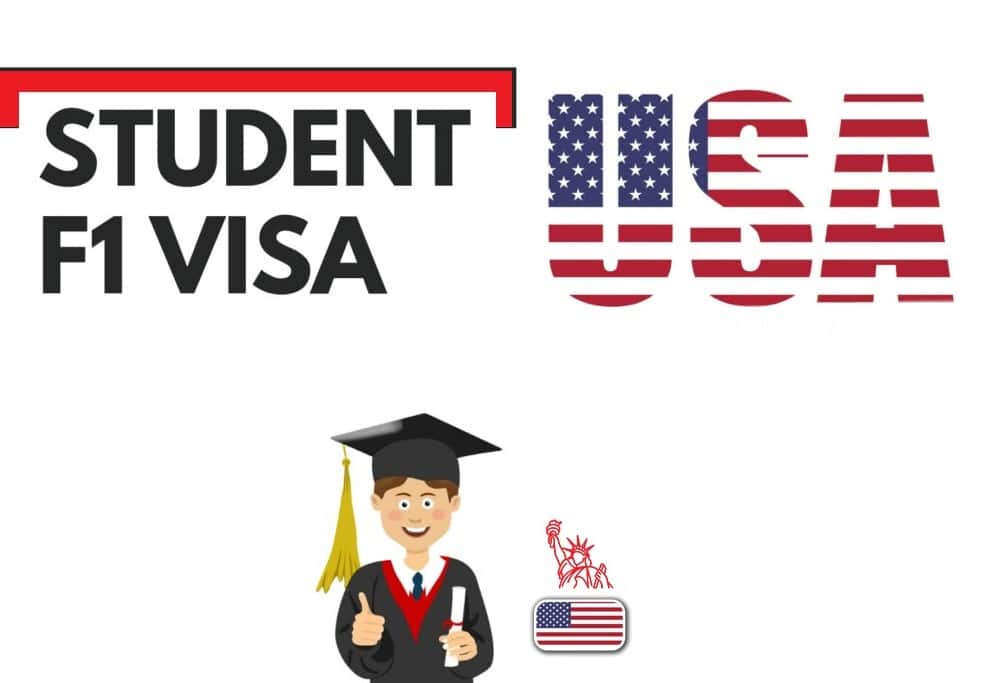
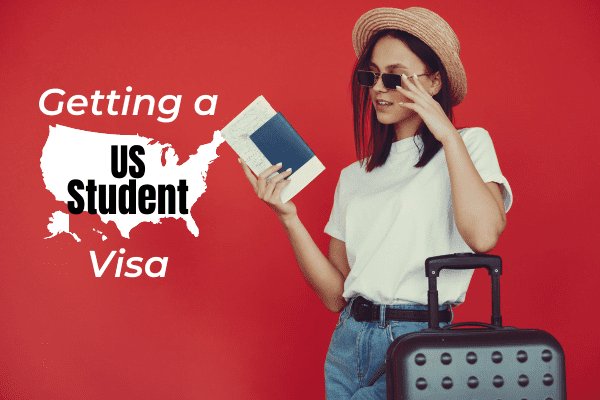
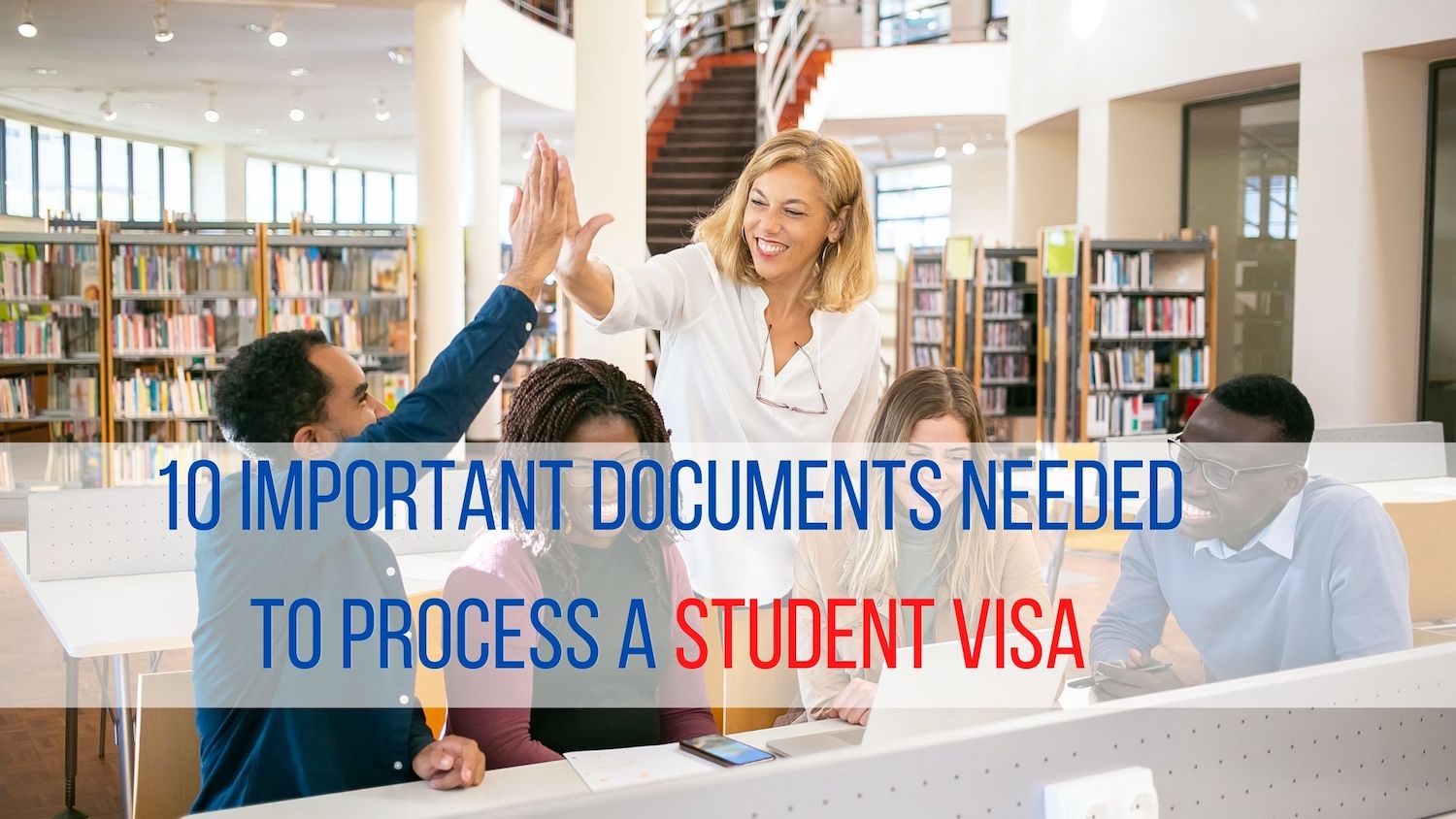
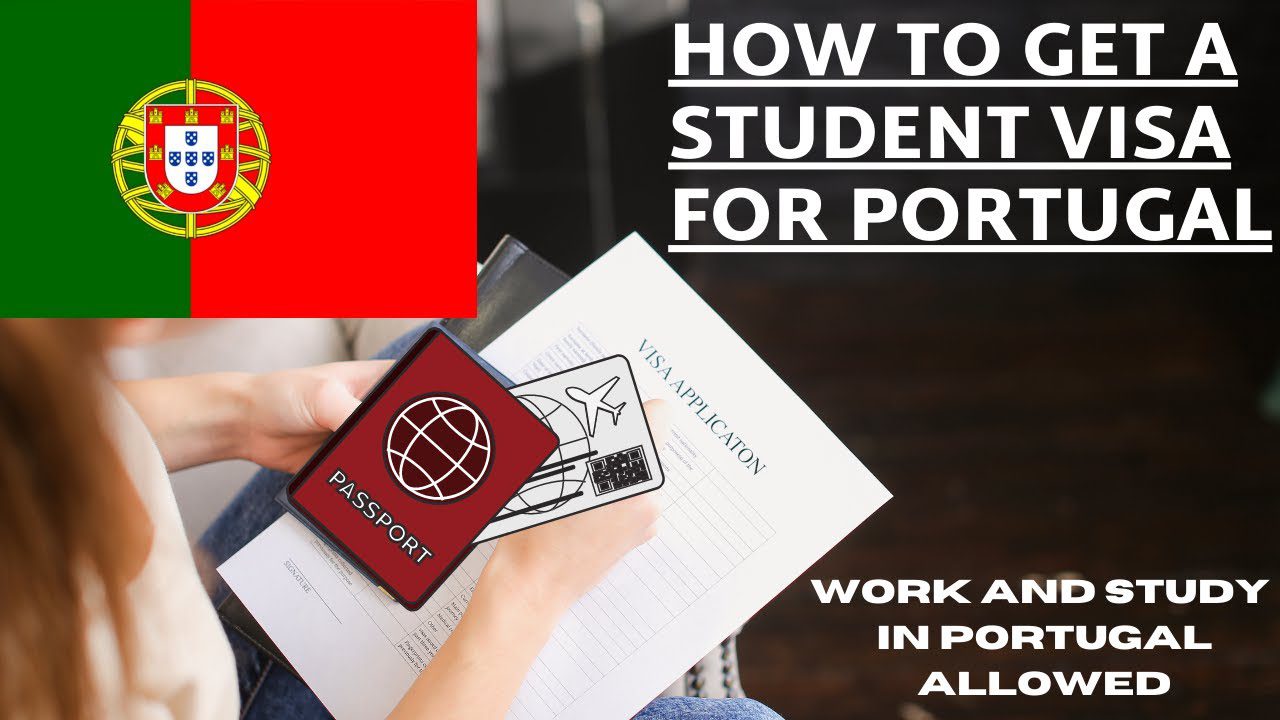


I hope to get student Visa
I’m interested in that courses and I stay in cape Town Nigeria, here’s my WhatsApp number+***)***72***700